The New York Times reported today that General Motors announced a plan to distribute money to victims of crashes caused by the faulty GM ignition switch. The payouts related to the GM recall have a “1$ million starting point” and could total in the billions of dollars. Developed by Kenneth R. Feinberg, the “go-to man” for running the compensation funds for victims of catastrophes, the GM ignition switch plan is “broad and inclusive, and seems certain to account for deaths beyond the 13 that G.M. has publicly linked to the defect.” There is no cap on the ignition switch fund and apparently GM will not invoke bankruptcy protection to avoid claims before July 10, 2009.
The criteria for claims were described as “flexible” and include victims of rear and side-impact crashes. The two main criteria are:
(1) the crash must have involved one of the models of cars that the company has recalled for the defective switch, including Chevrolet Cobalts, Saturn Ions and others (for a complete list see:www.gmignitioncompensation.com); and
(2) there must be evidence that the air bags did not deploy.
Mr. Feinberg said the compensation plan would look into additional evidence of airbag deployment other than the car’s “black box” computer system. The GM ignition switch compensation plan apparently accounts for those who were treated for less-severe injuries, including people who have fully recovered. Any claimant that was treated either at a hospital or an outpatient medical facility within 48 hours of the accident is eligible to file a claim. For those claims that are accepted—and there is no guarantee that GM will “accept” the claim—the “formula is $20,000 for one night in the hospital; $70,000 for two to seven overnights; $170,000 for eight to 15 overnights; up to a maximum of $500,000 for 32 or more overnights. People treated on an outpatient basis could receive a maximum of $20,000.” Some families may choose a different review system if they have “exceptional circumstances” that deserve a higher payment.
Importantly, there is a limited time to file a claim: August 1, 2014 to December 31, 2014, so do not delay. Mr. Feinberg said that filing claim with GM would not prohibit a family from pursuing a lawsuit; only accepting them money would.
Given the flexibility and uncertainty in the GM ignition switch claims process, you should consider hiring an experienced product liability attorney if you were involved in a crash that may have been caused by the faulty ignition switches. We here at SGB think that our Product Liability Team fits that bill, and would be pleased to speak with you about such a claim.






